With the debut of It’s Always Sunny in Philadelphia, its irreverent humor and controversial characters drew both attention and criticism. The show’s risky approach of displaying sensitive topics and flawed characters could’ve easily backfired.
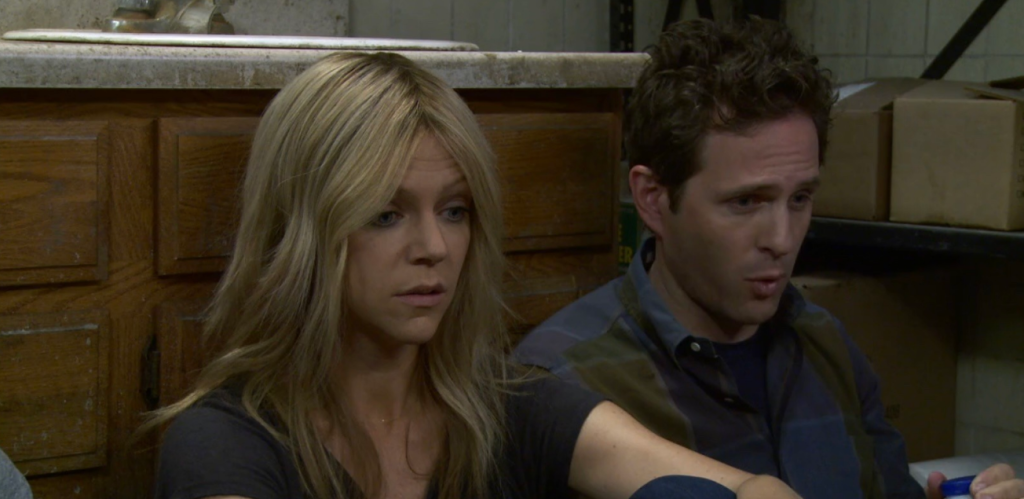 It’s Always Sunny in Philadelphia | FX
It’s Always Sunny in Philadelphia | FX Especially when it’s still on-air in these times of mass cancel culture. However, the creators of the show have managed to navigate these challenges with a strategy that keeps the show relevant and beloved. The thought and creativity that went into the sitcom only show how mindful and talented the creators were.
It’s Always Sunny in Philadelphia Navigates Controversy Through Satire
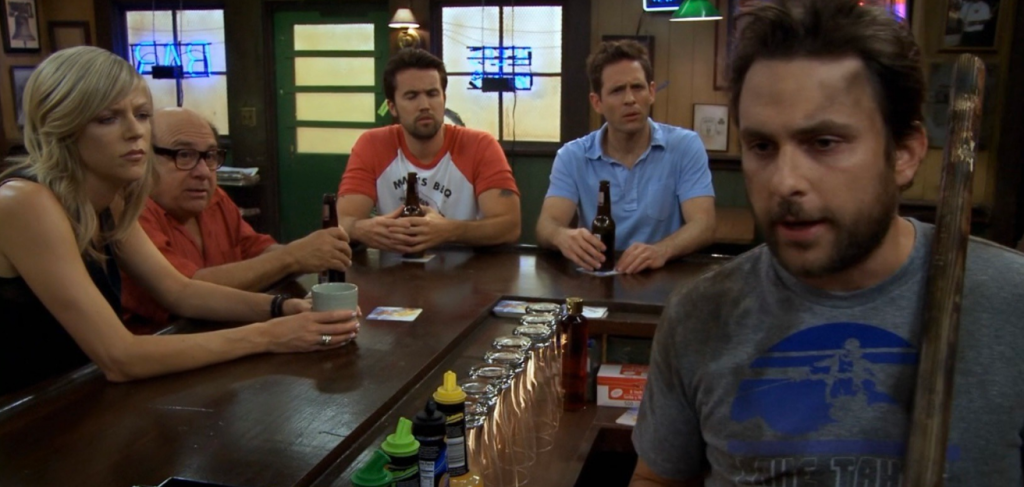 It’s Always Sunny in Philadelphia | FX
It’s Always Sunny in Philadelphia | FX In an interview with Rolling Stones, Rob McElhenny, the creator of It’s Always Sunny in Philadelphia spoke about how they get around sensitive subjects, and if there’s a particular topic which they would never include.
I get this question a lot, too: ‘Are you guys afraid of tackling any subject, or are there certain places you won’t go?’ Because we do seem to get away with a lot that on the surface it seems people are not able to get away with now. And I think there’s a key distinction in what we’re doing, and ultimately our fans recognize [it], in terms of satirizing certain behavior.
We’re certainly not lauding characters for their homophobia or misogyny or casual racism. In fact, it’s the complete opposite, where we’re degrading our own characters for holding some of those views.”
This distinction was crucial in maintaining the show’s integrity and by presenting the negative traits of their characters as absurd and exaggerated, the creators were able to highlight that these were flaws and not things to be celebrated or endorsed.
The Challenge of Sustaining Creativity in It’s Always Sunny in Philadelphia
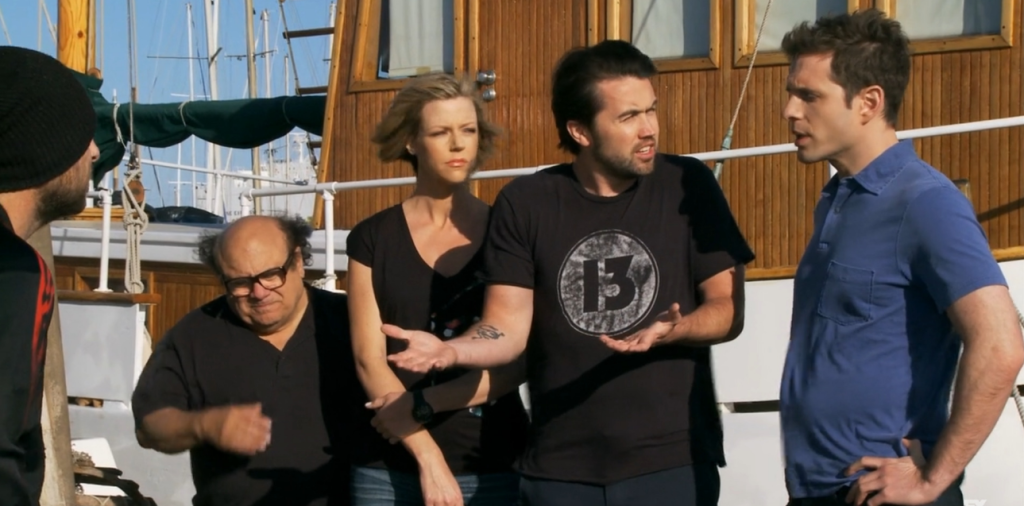 It’s Always Sunny in Philadelphia | FX
It’s Always Sunny in Philadelphia | FX Most shows die a slow death after the first few seasons, usually due to the creators running in circles or running out of gags. However, It’s Always Sunny in Philadelphia turned out to be an exception. McElhenney also spoke about how they eventually settled into the show and figured out how to make the best of their creativity.
We had that anxiety at the beginning of every season at least for the first two or three years. And once we realized the story engine was this tool we could use and pump culture through and see what came out the other side, we realized we could probably do it forever.
Part of the show’s charm has been its unexpectedness and the characters’ shenanigans, and it ended on a high note because the creators never beat a dead horse. They evolved and experimented with new ideas, and maintained an authentic camaraderie with each other, which kept the show fresh and beloved.
You can watch It’s Always Sunny in Philadelphia on Hulu.
.png)
 1 week ago
15
1 week ago
15
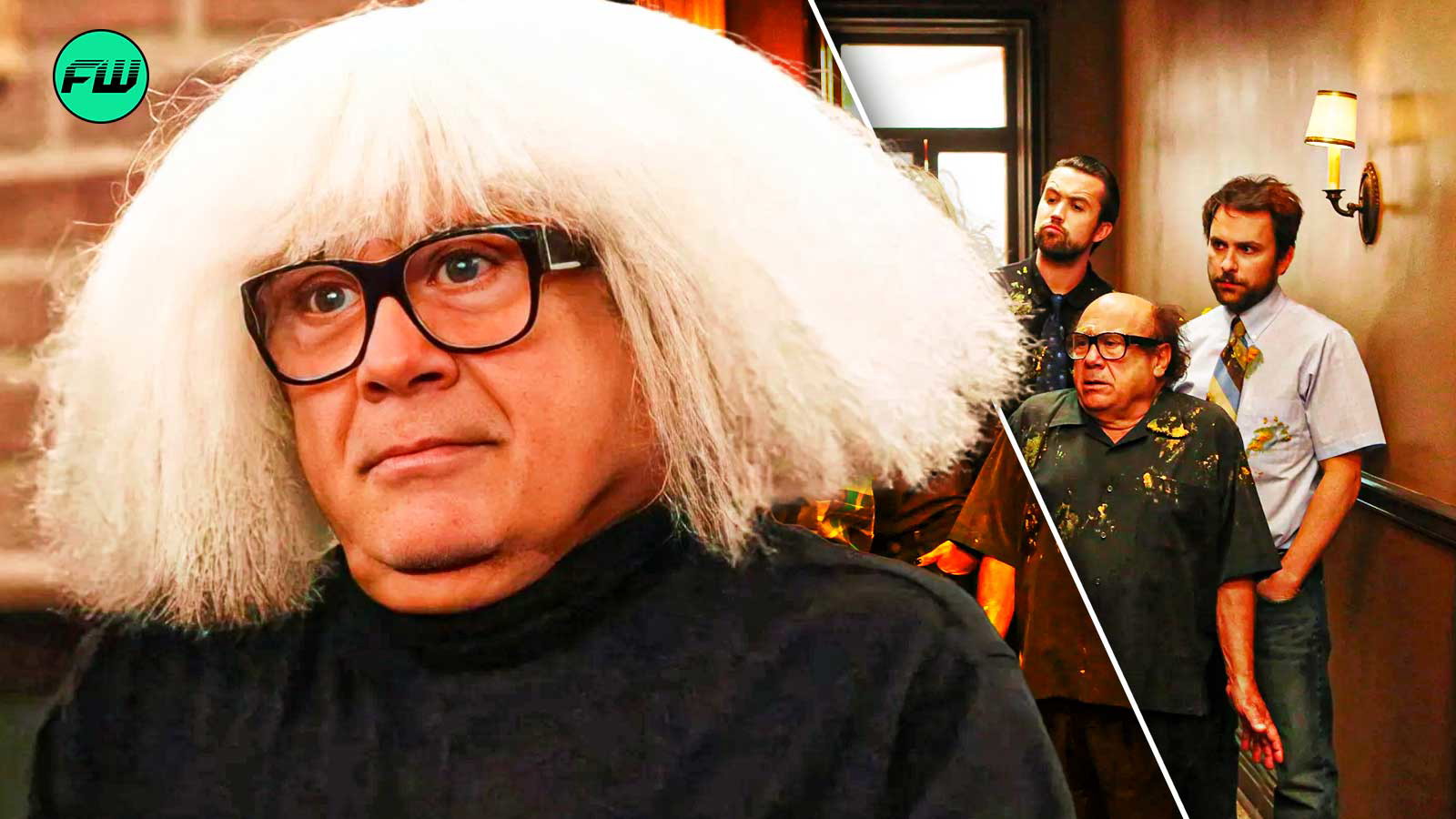

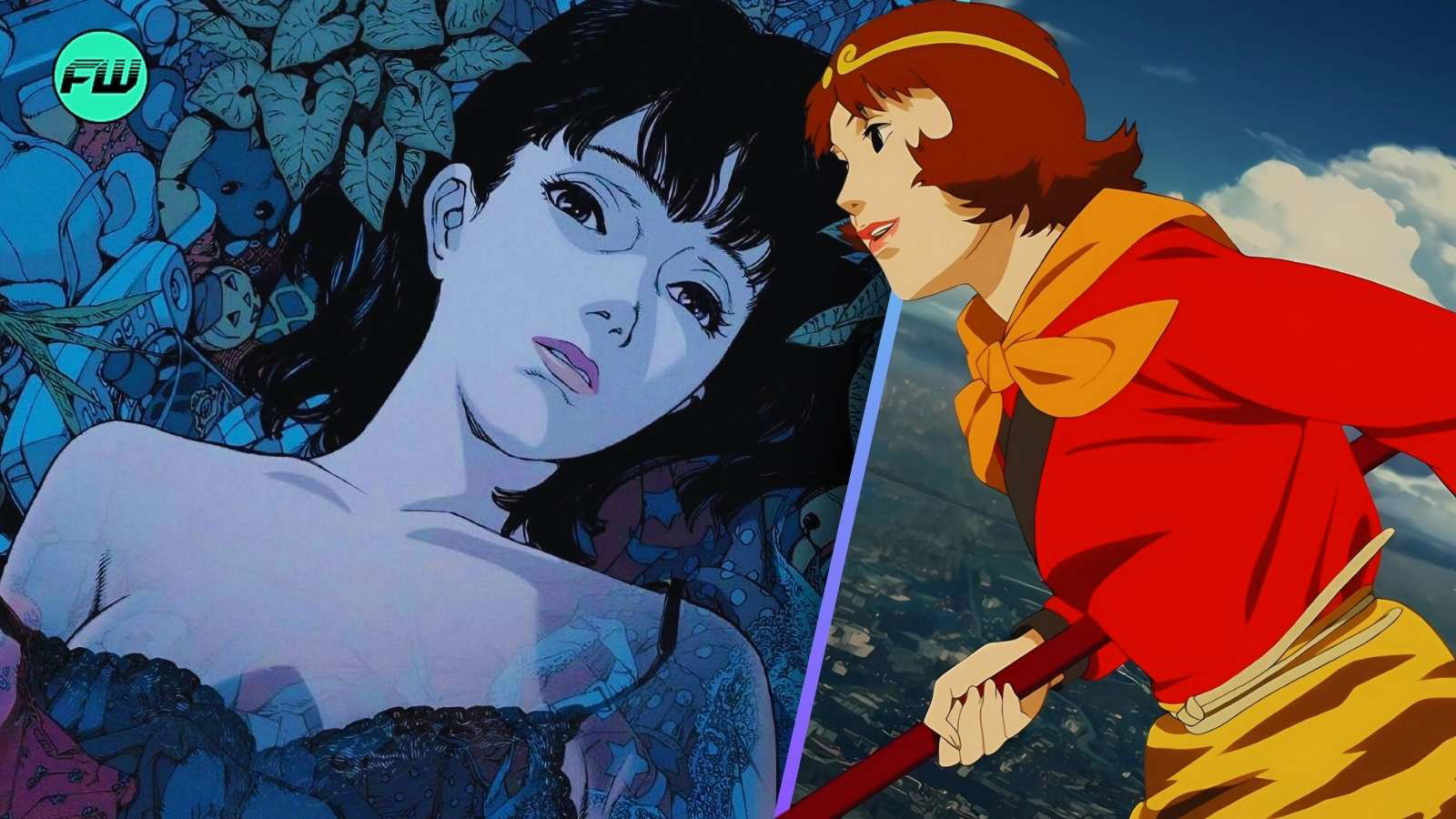






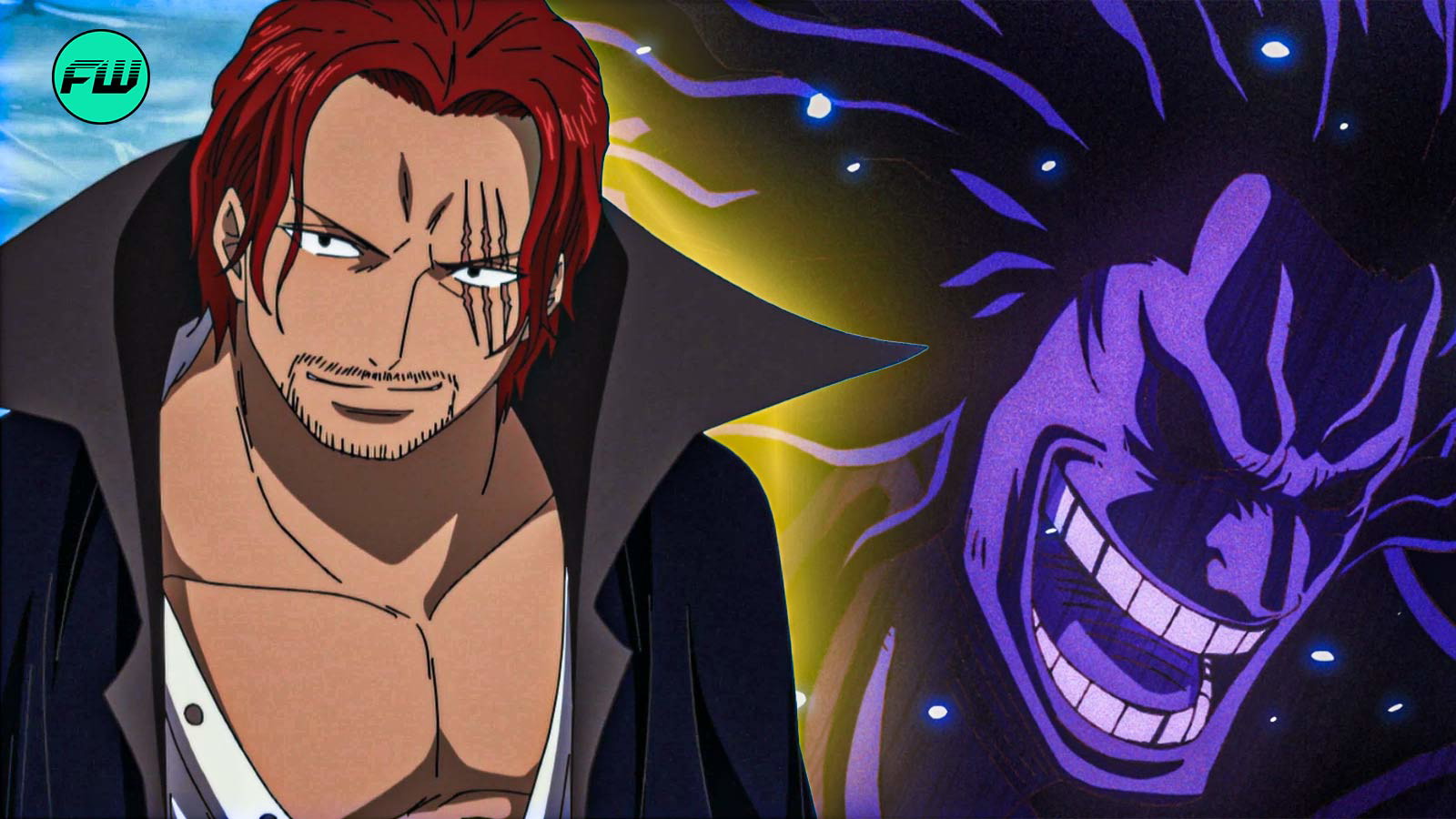


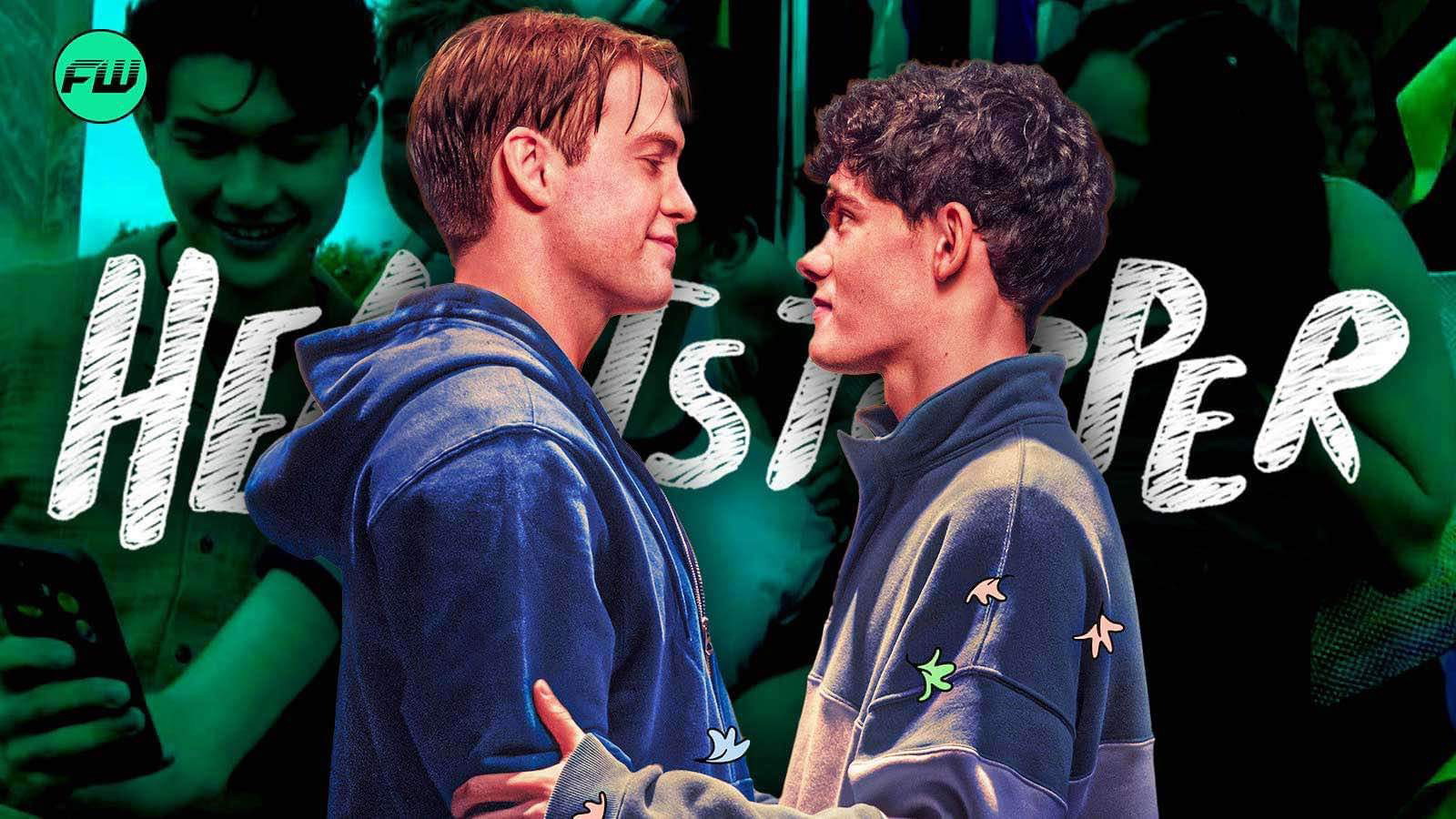





















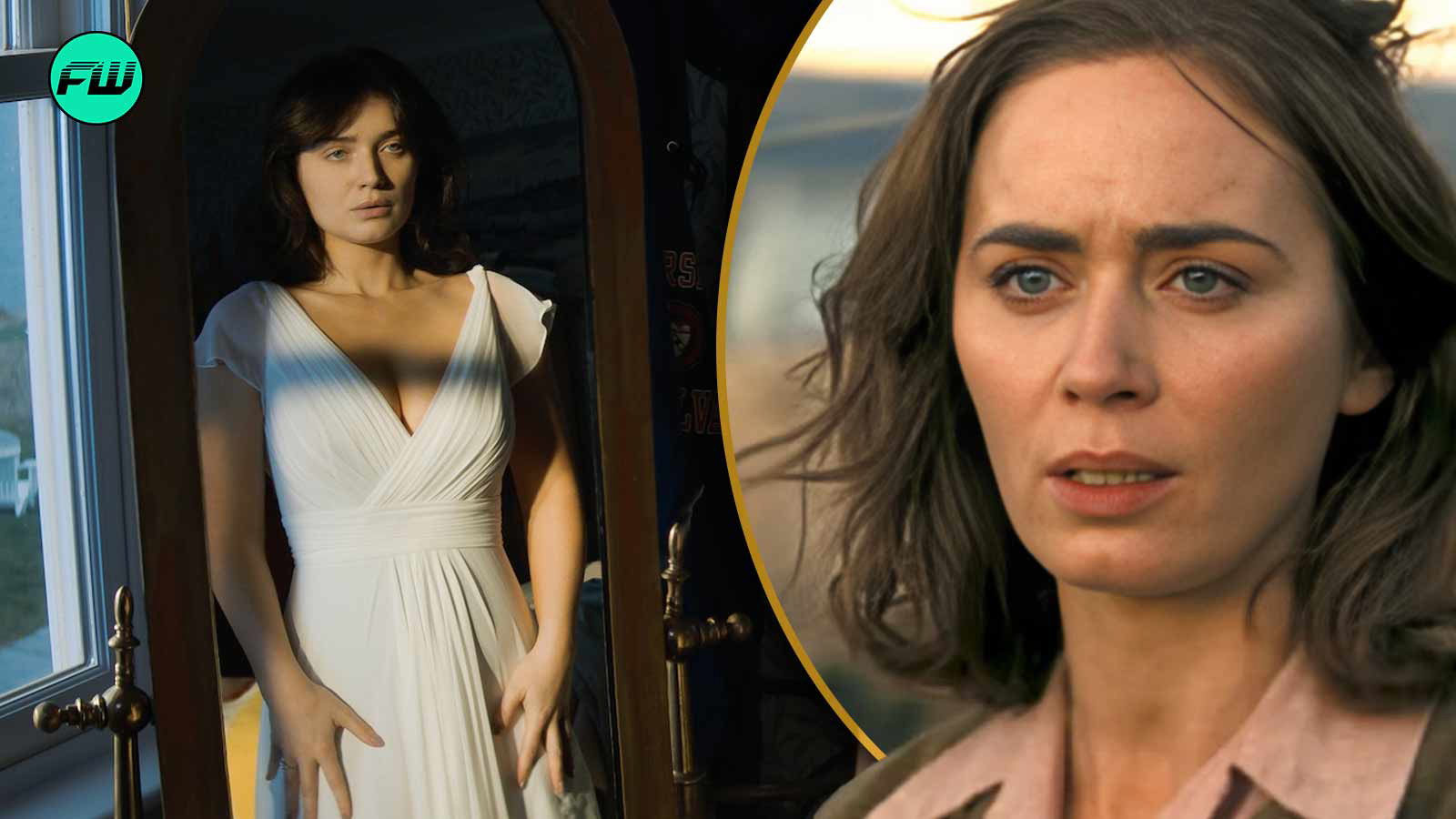
 Bengali (BD) ·
Bengali (BD) ·  English (US) ·
English (US) ·